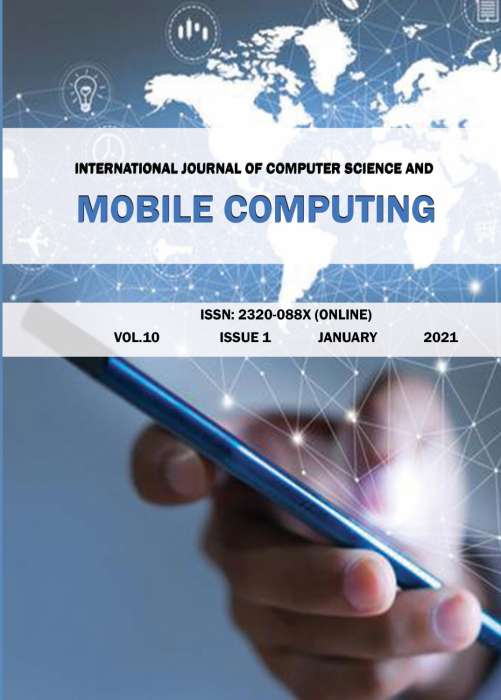
Using the VP coordinate as the judgment condition, those straight lines that do not pass through the VP but meet the straight-line condition are excluded to obtain the straight lines passing through both sides of the zebra crossing, and finally fit the edge points on the straight line, and get the zebra-crossing fitting line segment. Each edge point of the image obtained by edge detection is represented in the parallel coordinate system to find the VP. In this method, the principle of detecting straight lines in the parallel coordinate system is applied to zebra-crossing detection. In this study, a zebra-crossing detection method based on cascaded Hough transform (CHT) and vanishing point (VP) characteristics is proposed. For more details please check Article Processing Charges. Authors who have no funding for the submitted research can request a waiver or a discount during the submission process. can be found below and in the Supplementary Information section.Īrticles accepted for publication in Open Computer Science are subject to Article Processing Charges (APCs). ** Thanks to Open Access, all articles are freely available to the academic community worldwide without any restrictions, there are more liberal policies on copyrights (authors retain copyright) and on self-archiving (no embargo periods).ĭetailed information on Editorial Policy, Publication Ethics, Instructions for Authors etc. * The journal uses continuous publication model − accepted manuscripts are published quickly after the acceptance. long-term preservation of the content***.promotion of published papers to readers and citers.Thanks to Open Access all articles are freely available to the academic community worldwide. Open Computer Science is a premier source of a high quality research. We accept both theoretical and empirical contributions. The journal considers submissions of different types of articles, including "Research Articles" as well as “Review Articles”, which present the existing literature and achievements on the specific topic from new perspectives.


Open Computer Science is a fully peer-reviewed, open access, electronic-only journal publishing works of wide significance, originality and relevance. GUEST EDITORS: Valerie Novitzká, (Technical University of Kosice, Slovakia) William Steingartner, (Technical University of Kosice, Slovakia) Special Issue based on the 2022 IEEE 16th International Scientific Conference on Informatics.Yen, (University of Aizu, Japan) Vijayan Sugumaran (Oakland University, USA) GUEST EDITORS : Zheng Xu, (Shanghai Polytechnic University, China) Neil Y. Special Issue on Big Data Applications and Techniques in Cyber Intelligence.GUEST EDITORS: Zhengyi Chai, (Tiangong University, China) Mohsen Guizani, (Mohamed Bin Zayed University of Artificial Intelligence (MBZUAI), Abu Dhabi, UAE) Special Issue on Emerging Trends and Recent Advances in Communication Networks Security.GUEST EDITORS: Fazlullah Khan, (Abdul Wali Khan University Mardan, Pakistan) Syed Tauhidullah Shah, (University of Calgary, Canada) Nabeela Awan, (Nagaoka University of Technology, Japan) Special Issue on Advanced Aspects of Machine Learning Algorithms for Scientific Programming.


 0 kommentar(er)
0 kommentar(er)
